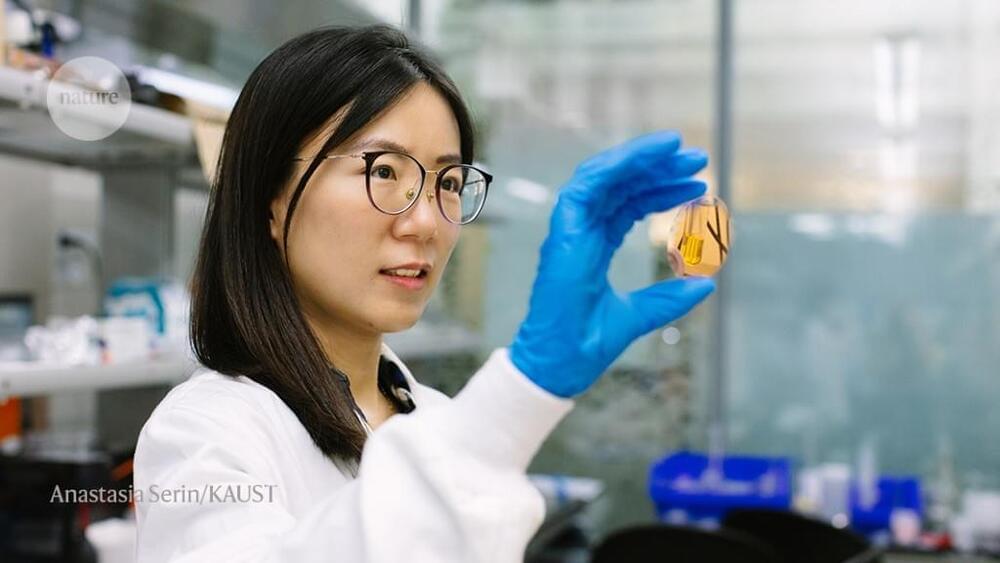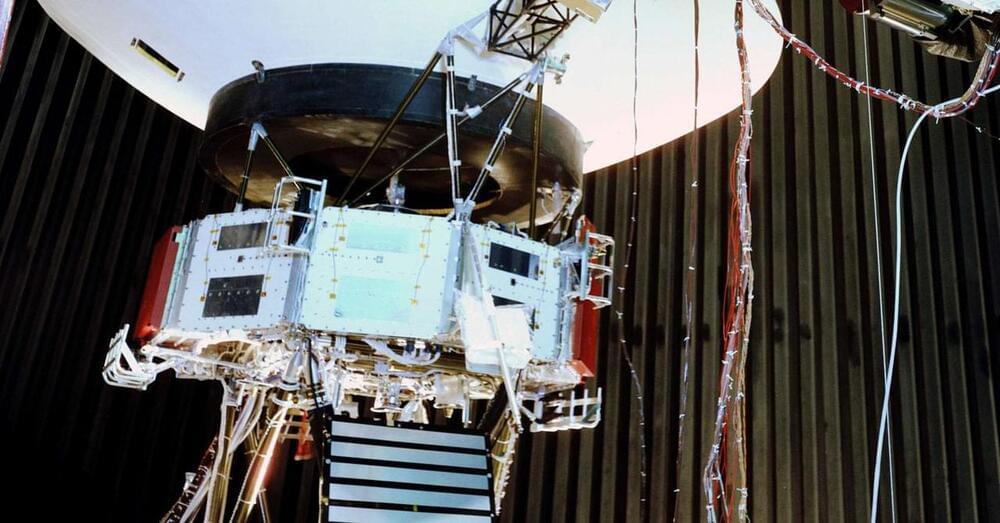New research by biotech Integrated Biosciences and scientists from MIT and the Broad Institute of MIT and Harvard has demonstrated the potential of AI in discovering novel senolytic compounds.
Longevity. Technology: Senolytics are small molecules that suppress age-related processes such as fibrosis, inflammation and cancer. They target senescent cells – the so-called ‘zombie’ cells that are no longer dividing, emit toxic chemicals and are a hallmark of aging. Senescent cells have been linked to various age-related diseases, including cancer, cardiovascular disease, diabetes and Alzheimer’s disease, but senolytic compounds can tackle them by selectively inducing apoptosis or programmed cell death in these zombie cells. This new research reduced the number of senescent cells and lowered the expression of senescence-associated genes in aged mice, results which, the authors say “underscore the promise of leveraging deep learning to discover senotherapeutics” [1].
The AI-guided screening of more than 800,000 compounds led to the identification of three drug candidates, which, when compared with senolytics currently under investigation, were found to have comparable efficacy and superior medicinal chemistry properties [1].









